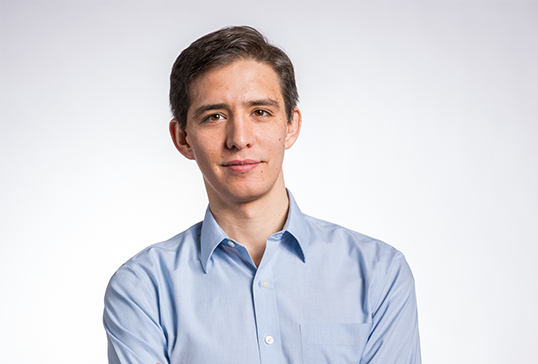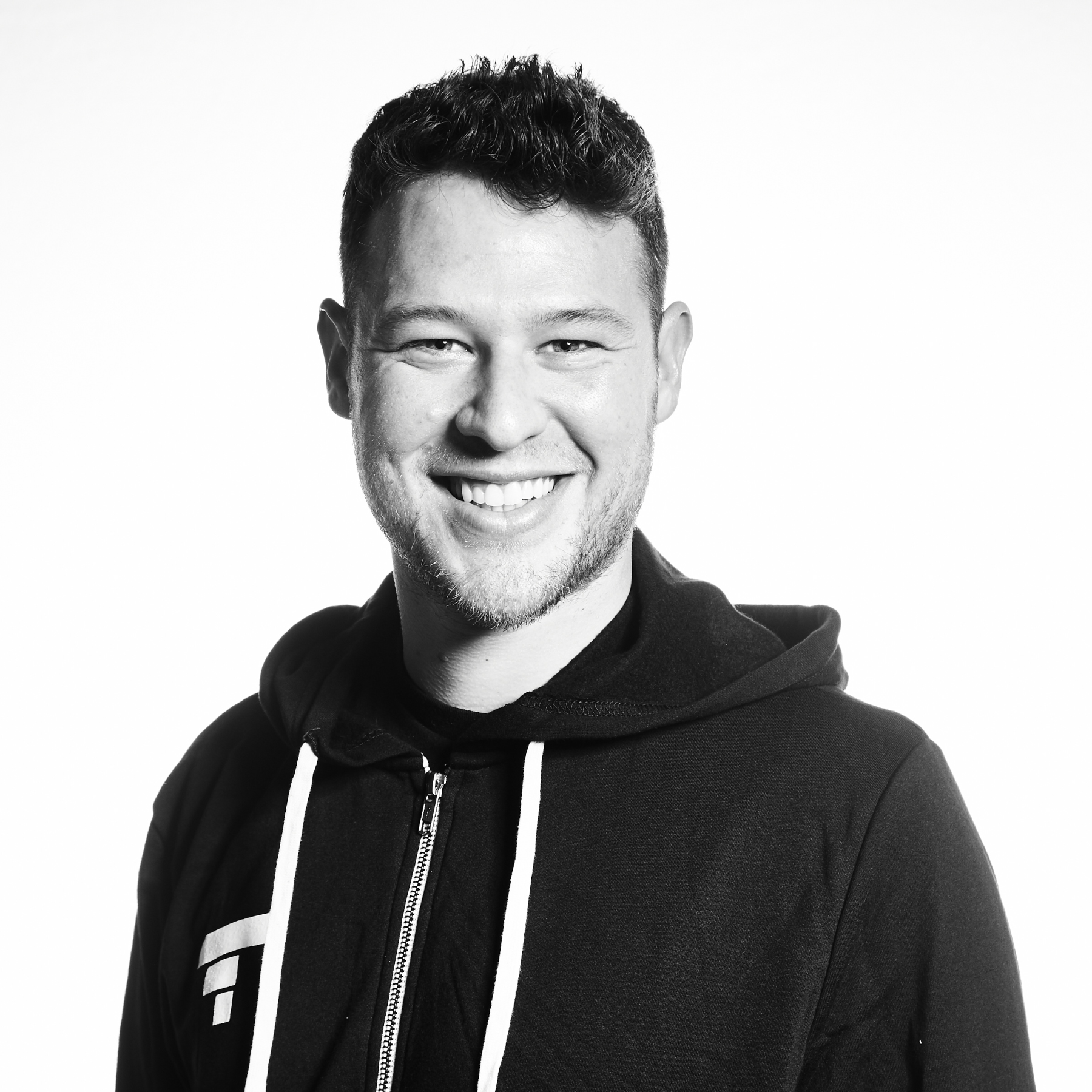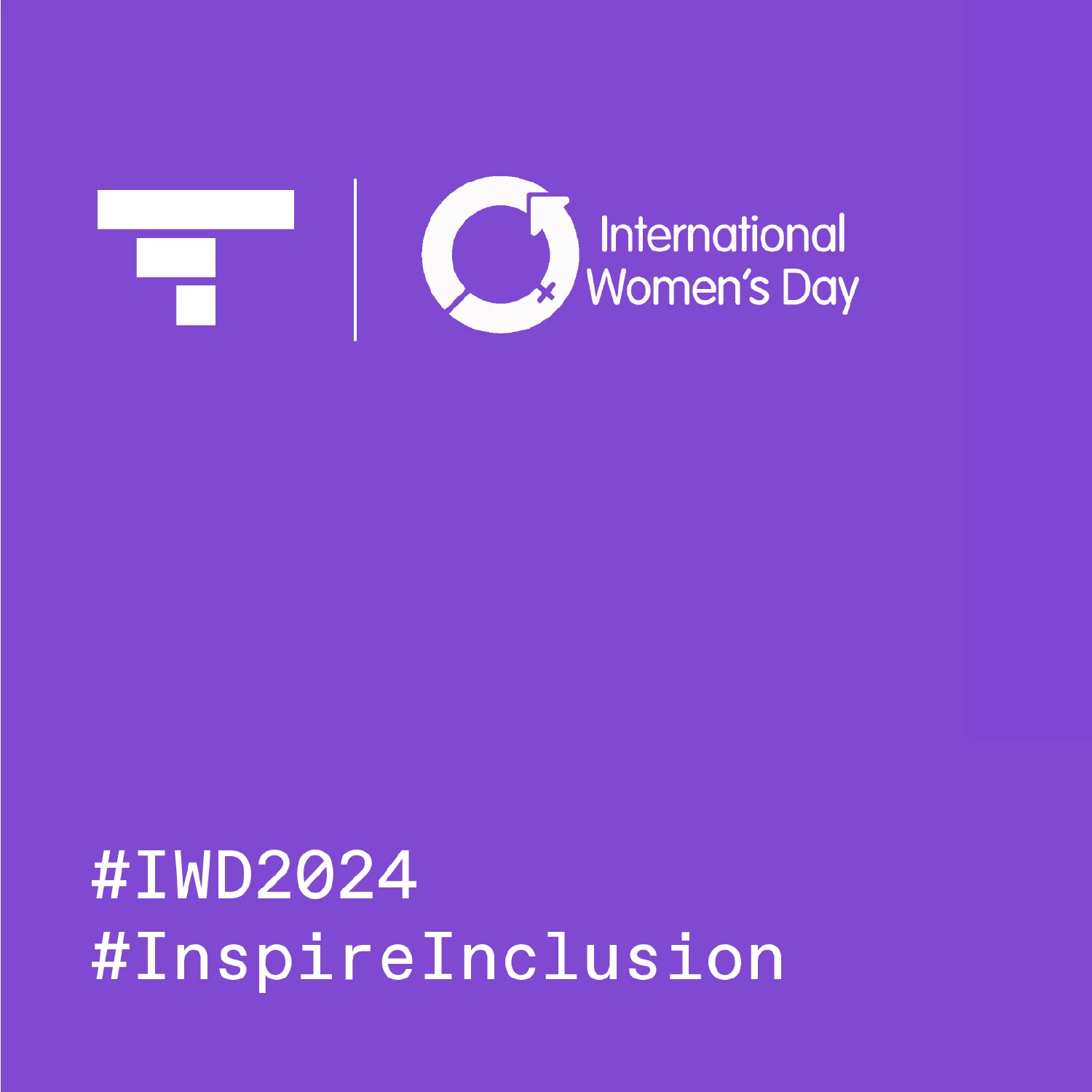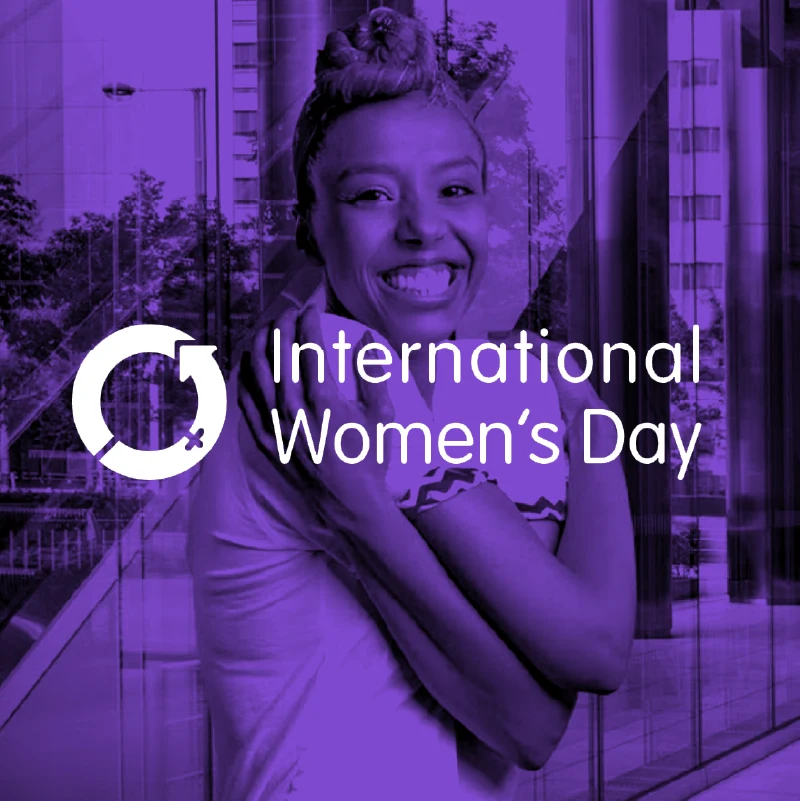
Client Spotlight: Jesse Horwitz
Hubble Contacts is an e-commerce, subscription-based company that sells contact lenses directly to consumers. Last week, we chatted with Jesse Horwitz—the co-founder and co-CEO of Hubble Contacts—about the beginnings of Hubble and his journey with TV advertising.
Tatari: “Tell us a bit about your background and how you founded Hubble? When did the ‘aha!’ idea happen?”
Jesse Horwitz: “I was studying at Harvard Law, and then left to go work for Bridgewater [Associates], where I first met Ben. Later on, I was working for Columbia Investment and Ben was at BCG and then Harry’s, and we lived right across the street from each other. Ben came in with the idea for Hubble in mid-2015 or so. It was mostly just Ben in Fall 2015, then me and Ben in Winter 2016, and then Paul and Dan came in.
We really just kind of started pushing the idea. First we spent three to four months researching, we took all the work we’ve done, put it together in a deck, and we really didn’t know whether people would be excited or not. Then we brought it to investors, and when we saw positive response, we dove in full-time.”
T: “How has marketing evolved at Hubble so far? What made you go into TV advertising?”
JH: “We were first on Facebook in our pre-launch phase during early January, then during March, it was about 95% Facebook and Instagram. Dan was really working Facebook and Instagram from day one. And, Facebook is great while you’re at scale there, because you have low CPAs and flexibility, but it’s really only one channel, and you can only push so many dollars through it. Plus, there’s a lot of risk having all your eggs in one basket.
So, one of our priorities in Q2 for 2017 was to diversify, and real diversification means finding other channels. We started with things like podcast and direct mail, and then started talking to couple of TV buyers, because, out of all the big marketing channels, TV was obviously the most promising one and was on the top of our wish list.”
T: “You mentioned different advertising channels. How did you conduct customer acquisition across these platforms? What was important to you?”
JH: “For us, it’s always been CPA that we cared about.”
T: “Going back to TV, did you have any fears about it?”
JH: “When we started talking to buyers, everyone was proposing $1M dollar tests, which was scary. That was really the biggest fear, which you guys fixed. You know, when we had someone like you, pitching us a $150K test, including the creative process and the buying, we were game.”
T: “Were you reluctant to start the TV conversation though?”
JH: “Well, we didn’t know anything about Facebook either until we started doing Facebook. We just weren’t marketing people. So, we always knew there was going to be some stumbling, but we still went with it.”
T: “What part of TV advertising was the most difficult or unintuitive to you? Do you wish it changed in any way?”
JH: “Look, everyone starts with Facebook advertising, so we wanted it to feel like Facebook. Initially, we were distrustful of your guys’ reporting because we were always skeptical of agencies reporting in general. For the first couple of months, we ran site-by-site GA, and when we saw that the results were always squaring with yours, we became comfortable with your reporting.
And, you know, by now, I think I have recommended you to a dozen companies. It always seems like you guys are great at getting things done very quickly. That fast feedback loop, integrity, and the ability to do stuff are all very powerful.”
T: “How has your creative production process differed between TV and other platforms?”
JH: “TV has worked for us, but digital video really did not. Anything shorter than 2 to 3s videos for digital just didn’t work. And, I hate to say we are brand-skeptics, but within that spectrum of vertically-integrated digital brands, we are, so we basically stuck to you guys with the creative process. We settled on those four :15s spots, with funny and serious, with actors and non-actors. The testing was also interesting; for example, you thought the serious one would be the winner creative, and we thought it would be the funny one.”
T: “Finally, as a bonus question, can you tell us a bit what the hiring process has been like at Hubble?”
JH: “In New York, we had sixteen people a year ago, and we have sixteen people today. We like to hire as little as possible and want to be outsourcing as much as possible. And, we’ve all known each other for a long time, so it’s a pretty insular little group.”

Skyler Logsdon
I'm the Head of Sales and I love swinging for the fences.
Related
International Women's Day 2024: #InspireInclusion
In recognition of International Women's Day, this blog post shares how a few of the women at Tatari and TheViewPoint #InspireInclusion.
Read more
International Women's Day 2023: Embrace Equity
In honor of International Women's Day, let's take a look at how a few Tatari women #EmbraceEquity.
Read more
2023: Our Top Moments, Wins, and Memories
2023 was another prolific year for Tatari. Let’s recap some of our favorite moments and milestones that made last year one for the books.
Read more


